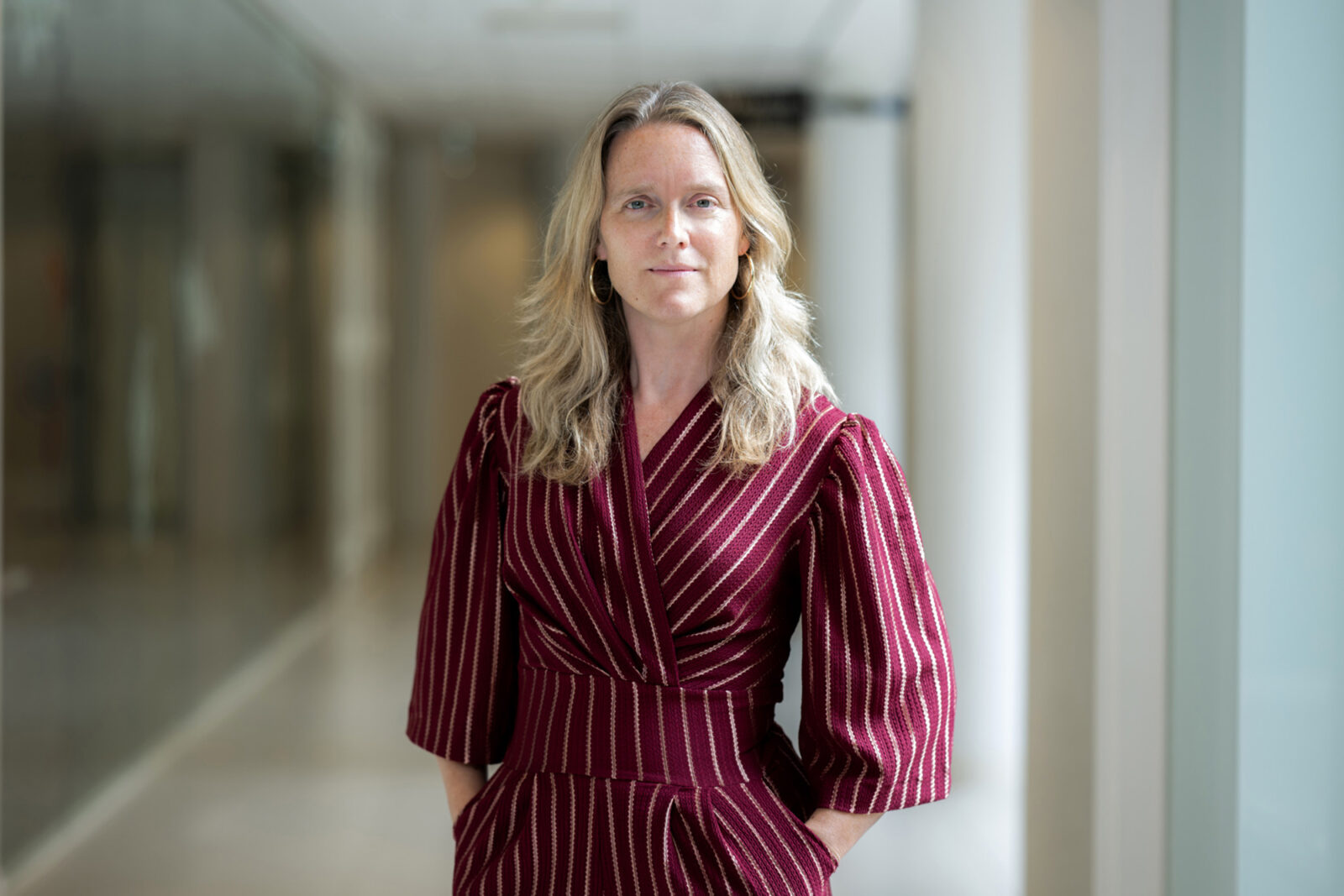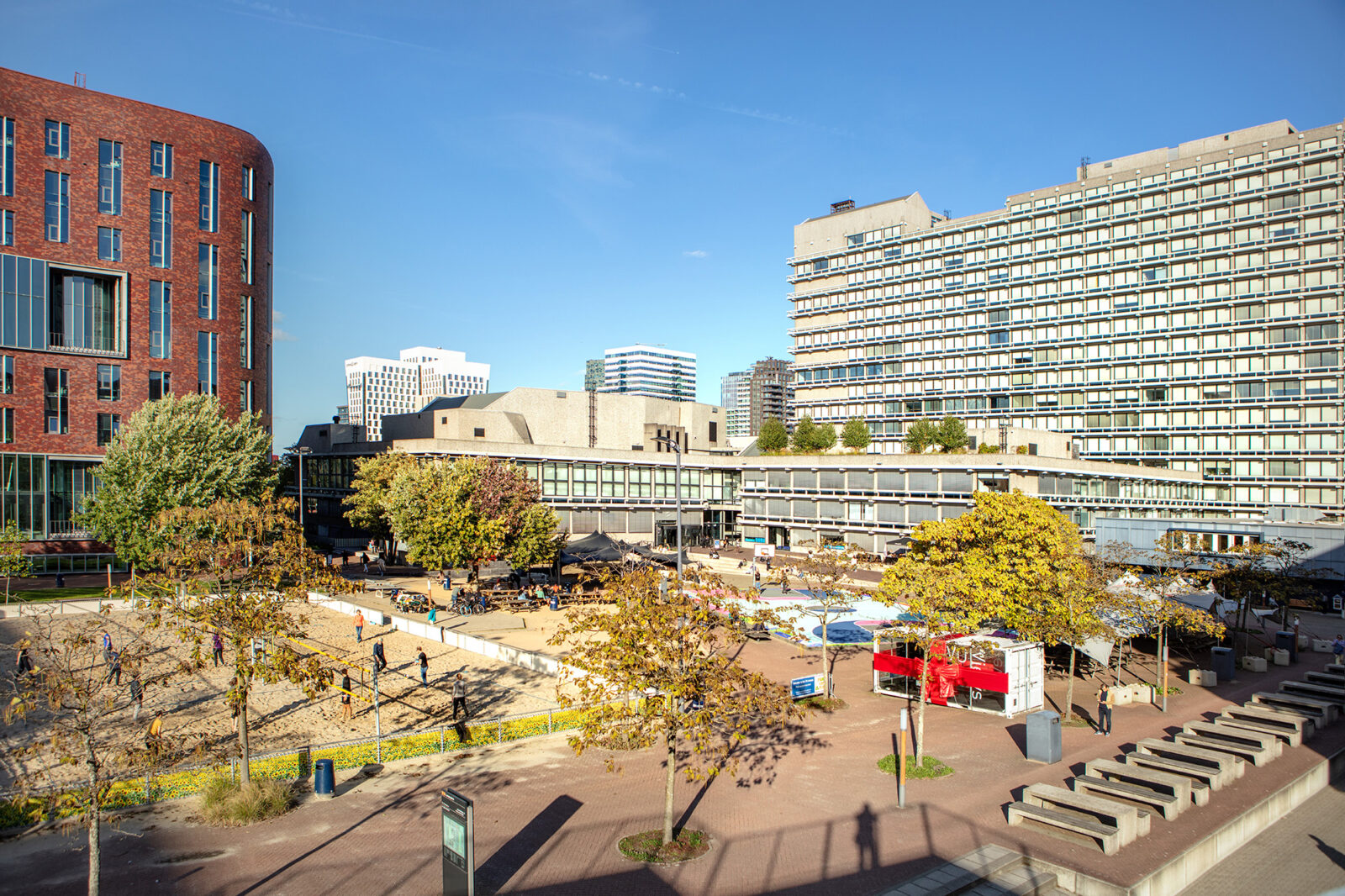Dutch MPs: students should be able to pay per credit from 2023 onwards
It would represent something of a revolution in higher education, allowing students to pay for each credit they take rather than shelling out for annual tuition fees. The idea, originated by the liberal VVD and the socialist PvdA, was previously dismissed out of hand by the rest of parliament, but times have changed.

Image by: Aysha Gasanova
In fact, a large majority of MPs are now so enthusiastic that the minister doesn’t even have to wait for the outcome of a pay-per-credit pilot project that is still ongoing. She has already been given the go-ahead to lay down a legislative basis for the plan.
Concerns
All this is the outcome of a joint motion by VVD and PvdA which has just been passed. The aim is to accommodate the needs of students who may not have the opportunity to study full-time, for example because they are running a business or caring for a sick relative. In such cases, flexible studying could provide a solution.
But not everyone is in favour. GroenLinks, SP and PVV voted against. All three parties are concerned that the plan will lead to veiled cutbacks and a shift towards an every-man-for-himself society, a case previously argued by one GroenLinks MP.
Experiment
Two universities of applied sciences and three research universities are currently taking part in the flexible study pilot: Windesheim, HU Utrecht, Tilburg University, Utrecht University and the University of Amsterdam. There is already a real buzz surrounding the next phase of the pilot, with twelve higher education institutions eager to sign up.
The experiment will run until 2023, but a majority of the Dutch MPs wants the Minister to make a bill so that flexicurity studies will be possible at all universities of applied sciences and universities from September 2023.
De redactie
-
 Tim Ficheroux
Tim FicherouxSenior Editor
Latest news
-

Turndown service
Gepubliceerd op:-
Column
-
-

Education Council criticises ‘one-sided’ view of student wellbeing
Gepubliceerd op:-
Student life
-
-

First Philosophy: a philosophy podcast for beginners and advanced listeners
Gepubliceerd op:-
Education
-
Comments
Comments are closed.
Read more in student life
-

Education Council criticises ‘one-sided’ view of student wellbeing
Gepubliceerd op:-
Student life
-
-

Thirza combines eight patterns
Gepubliceerd op:-
Dress code
-
-

Fight at the VU, university newspaper had previously reported suspect to the police
Gepubliceerd op:-
Student life
-






